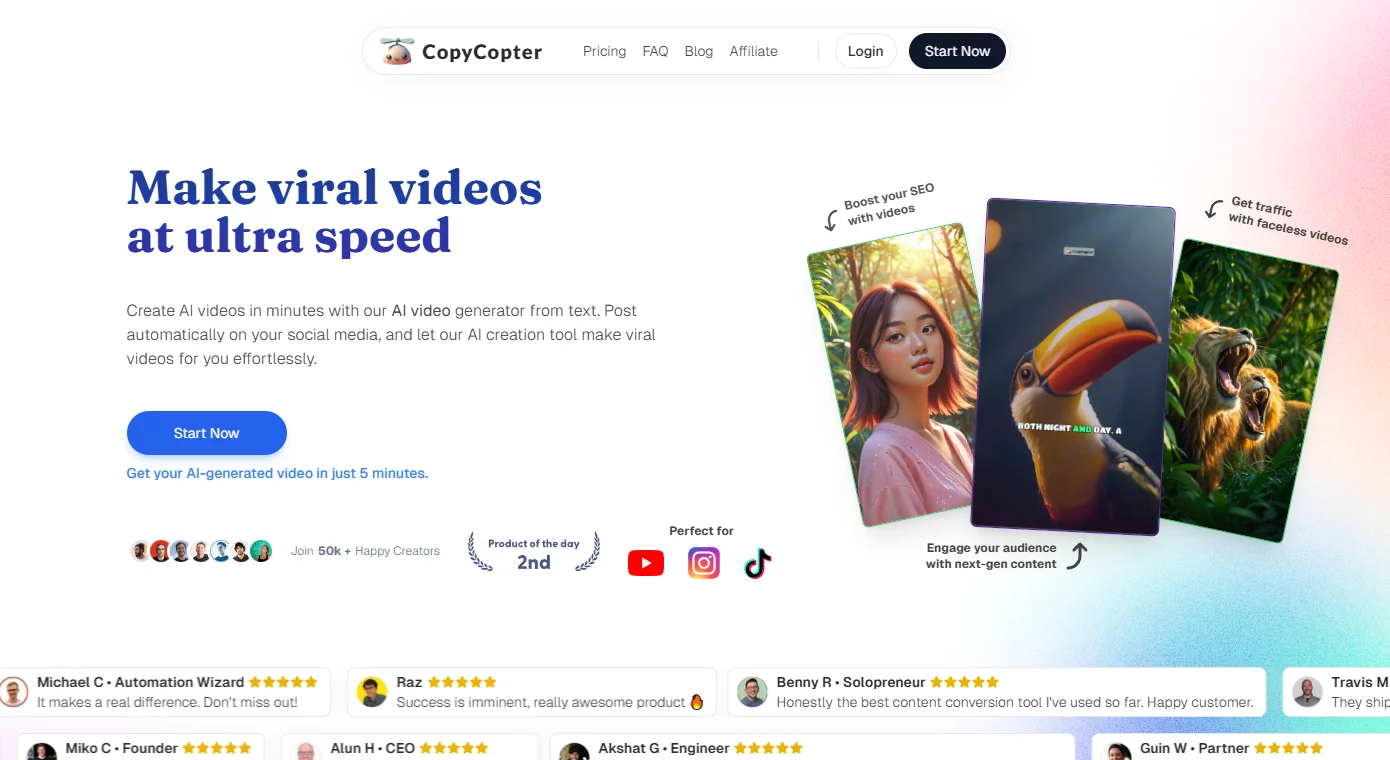Despite facing legal disputes, Microsoft continues to push forward with the development of its Copilot AI chatbot, achieving significant results through its investment and collaboration with OpenAI.
Microsoft announced today that its Copilot GPT Builder is now fully available to all paying Copilot Pro-level customers, who can enjoy this service for just $30 per month. This tool empowers users to build and share customized versions of chatbots for specific tasks, further expanding the application of AI technology in the business field.
Copilot Pro subscribers can easily access the GPT Builder by tapping "View all Copilot GPT" in the right-side menu of the Copilot web application. The interface presents a central dialog box with various options for "Custom GPT," allowing users to not only access Microsoft's newly created content but also click the "Create new Copilot GPT" button to start their own personalized creation journey.
Similar to OpenAI's previously launched GPT Builder, Microsoft's Copilot GPT Builder allows users to define their desired custom GPT through plain text instructions. Users simply input instructions in the "Create" tab, and the Copilot GPT Builder automatically generates the corresponding chatbot, handling the complex backend programming work.
This innovative tool provides great convenience for enterprise employees, who can create applications tailored to their job responsibilities, tasks, work styles, and workflows without requiring any technical or programming knowledge. This not only enhances work efficiency but also lowers the technical barrier, enabling more people to enjoy the benefits brought by AI technology.
Once the customized Copilot GPT is created, users can further personalize it in the "Configure" tab. They can change the GPT's name, describe its functionality, adjust its behavior, and operate it through natural language. Additionally, users can utilize Retrieval-Augmented Generation (RAG) technology to upload files and enrich the data sources of the GPT, improving the accuracy and relevance of the generated content.
Jordi Ribas, the Engineering and Product Lead for Copilot and Bing, mentioned in an article, "Copilot GPT is a customized version of Copilot that supports RAG chat responses, allowing personalized settings based on specific instructions and documents." This feature enables enterprises to connect their internal document clouds, extract relevant information, and incorporate it into the GPT's generation process, providing users with more precise and useful answers.
It is worth mentioning that users of Copilot GPT Builder can switch between text interaction and image generation functions by utilizing Microsoft's controversial product, the Designer AI application (based on OpenAI's DALL-E 3 image generation model). This integration allows Copilot GPT to present rich visual content while providing text interaction, further enhancing the user experience.
On LinkedIn, Brad Abrams, a Partner Product Manager at Microsoft, shared two links to the custom Copilots he created. These links demonstrate the practical applications of Copilot GPT in synonym lookup and OKR (Objectives and Key Results) writing. These examples indicate that Copilot GPT has mature functionality and broad application prospects.
Despite the close collaboration between Microsoft and OpenAI, reports indicate that the two parties did not directly collaborate on Microsoft's GPT Builder tool. A spokesperson from OpenAI confirmed to VentureBeat that the company did not participate in Microsoft's GPT Builder project. However, in terms of functionality, Copilot GPT Builder is clearly inspired by OpenAI's GPT Builder and GPT Store, offering many similar features. Nevertheless, Microsoft's pricing is slightly higher than OpenAI's ChatGPT Plus personal subscription ($20 per month).
It is worth noting that while Microsoft and OpenAI have a close partnership in AI technology, they are also independently exploring the development path in this field. This further confirms the credibility of a report released by The Information in the late autumn of last year, which stated that Microsoft is striving to reduce its reliance on OpenAI. Recently, Microsoft collaborated with the French open-source AI startup Mistral to introduce its latest closed-source model, Mistral Large, into Microsoft's Azure cloud services and announced its own series of AI models, such as Orca, Phi-2, and Deucalion. These initiatives indicate that Microsoft is moving towards a more independent and diversified direction in the field of AI.








